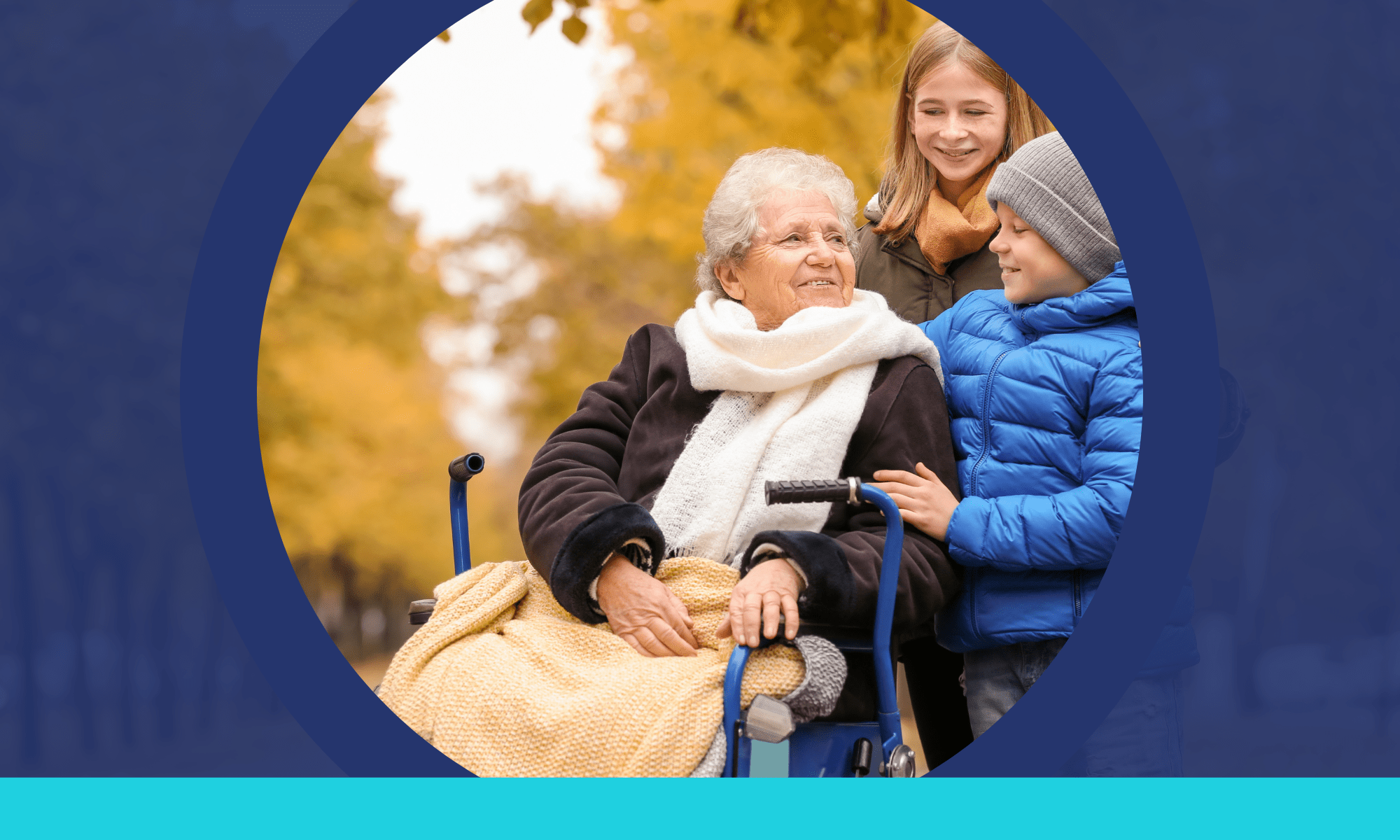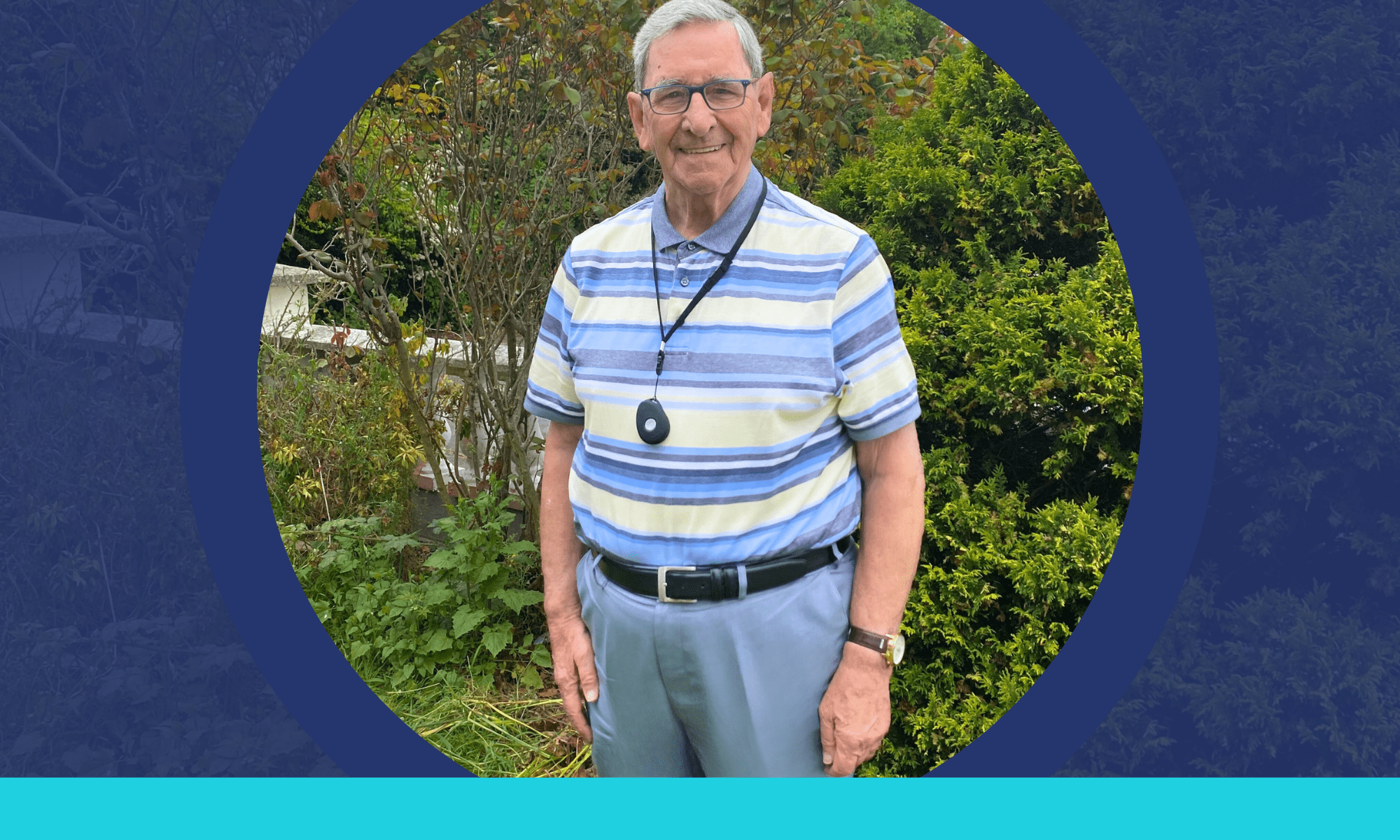

How to Talk to Your Loved One About Falls
Fall prevention is an important topic for elderly individuals and their family members. As our loved ones age, they are more prone to them for many different reasons. The consequences of this can be severe and debilitating, and injuries can include broken bones, head injuries, and loss of independence. They can also lead to a sense of fear and a depletion of confidence, which can affect their daily activities and overall quality of life. This is why it is important to know how to talk to your loved one about falls.
They can occur for a number of different reasons, such as:
- Health factors such as weak muscles and balance and stability issues.
- Medication with drowsy side effects.
- Visual impairment.
- Environmental factors such as uneven carpets or rugs.
- Poor footwear.
- Bad lighting.

It is important to have this conversation early and not wait until something serious occurs. It is better to take proactive measures. According to statistics, these kinds of accidents are the leading cause of fatal and non-fatal injuries among older adults. According to the HSE, it is estimated that one in every three people over the age of 65 years and one in two people over the age of 80 years, fall every year.
They can lead to serious injury and it is important that family members speak to their loved one about how they can be prevented and the potential risks associated with them. It can be difficult to have this conversation, however, at Isaac Care, we want to provide you with some practical strategies on how you can start an open conversation about it with your elderly loved one.
1. Understand and empathise with your loved one
Placing yourself in the shoes of your elderly loved one can help you empathise with their situation and how difficult it may be for them to speak openly about their susceptibility to these kinds of accidents. Being aware of the importance of using an empathetic tone when broaching the subject is key. Having a frank but caring discussion can help ensure that they understand why you are raising this issue.
Respect their wishes and make sure your loved one feels comfortable discussing their concerns and what would work best around their life situation. Showing care and concern while being honest and direct will help create an open dialogue between you and your loved one as you both work towards the same goal.
Make sure to speak to them in the following ways:
- Show your concern.
- Be honest and direct when needed.
- Always remain calm.
- Allow them to ask questions and raise any concerns.
- Portray empathy towards their situation.
2. Emphasise the importance of preventative measures
Emphasising the importance of prevention is essential. By displaying certain statistics, like the ones in this blog, your elderly loved one will know just how serious this subject matter is. Family members can also demonstrate their willingness to help and can play a vital role in making sure the home is safe by monitoring changes in their physical and/or mental health.
Check lists can be created which allows them to tick off items and ensure that the house is safe each day. Have any spills been wiped up? Are any rugs out of place? Are all the lights plugged in in preparation for night time? Is their walker or crutch on hand in case they need to go to the bathroom in a hurry? All of these questions are vital and can be added to a post-it note and placed somewhere where they can see it each day, such as the refrigerator.
Did You Know?
Every year 10% of older people need
treatment following an injury. Falls cause
75% of these injuries.
3. Get them involved in prevention strategies
It is important to sit down with your loved one and discuss with them some strategies to put in place. Setting realistic goals with them in their own environment can be very beneficial. By setting realistic goals, you are making sure any prevention strategies will actually be carried out in the correct way. If it is too difficult for them, it should not be part of the strategy.
An example of a difficult goal is to tell them to avoid reaching up to high shelves, even though their plates and cups are placed here. A realistic goal would be to move them into a lower place so they are easily reached and therefore any accidents are avoided.
Prevention Strategies:
1. Clean up any liquid spills immediately.
2. Make sure areas are well lit with proper lighting.
3. Reduce any medication that may cause drowsiness.
4. Install and advise them to use safety grab bars and other assistive devices around the house, especially in the bathroom.

The Isaac Fall Alarm
This alarm is here to alert family members and friends if a fall occurs. It is a smart, easy to use, personal alarm which offers reassurance that your loved one can instantly access help whenever they need it.
It is ideal for people of all ages and their family members who are concerned about their wellbeing and safety both at home and while out and about.
If you are concerned your loved one is at risk, talking to them and making it clear that you want them to remain safe is important. It is also essential to take all of the necessary steps for prevention and with the right information, families can help their loved ones live safely and independently in their own homes as they age.
Get in Touch
Our dedicated team are on hand to assist you in any way. Contact us on (042) 936 8391 or fill in your details in the contact form and one of our team will be in touch.

















